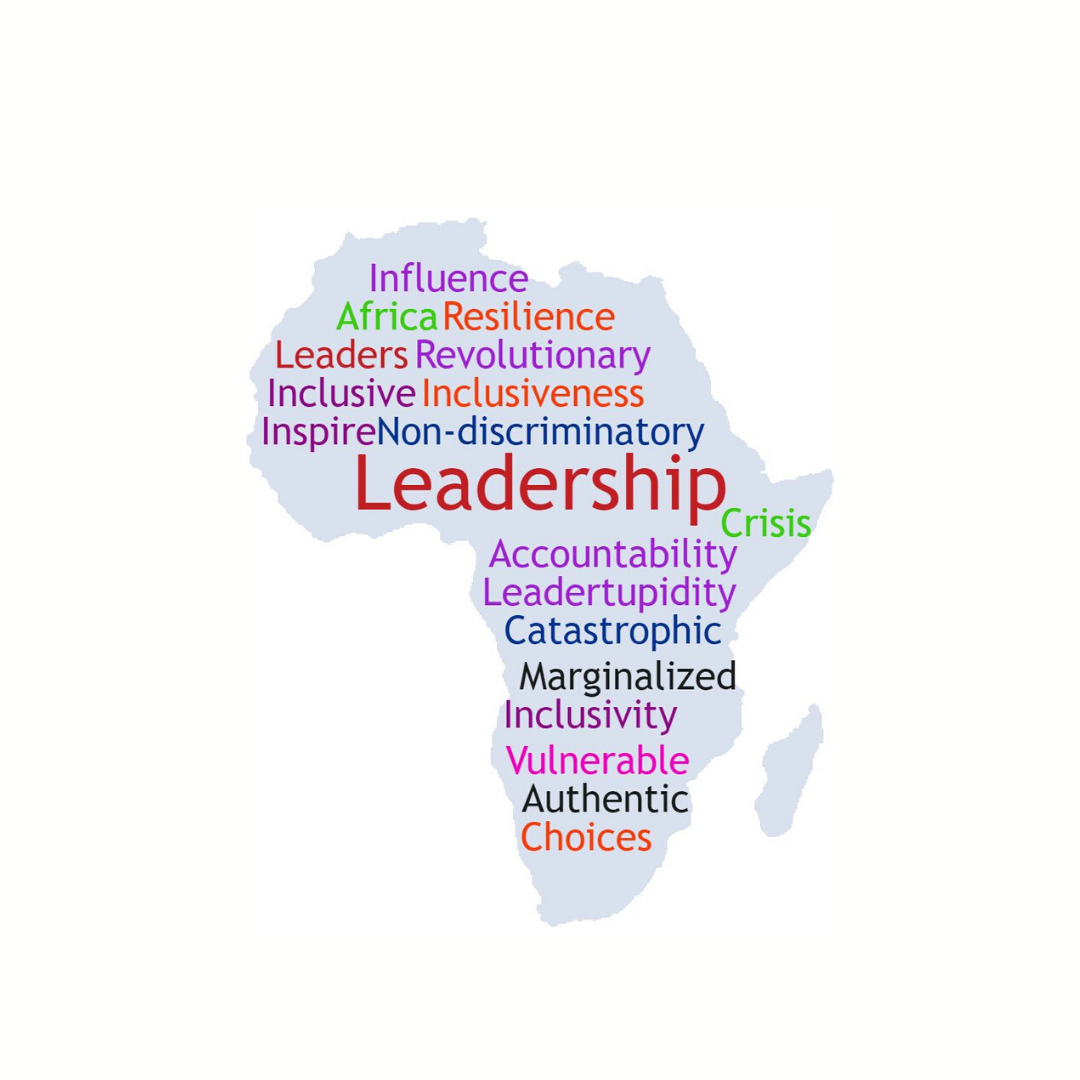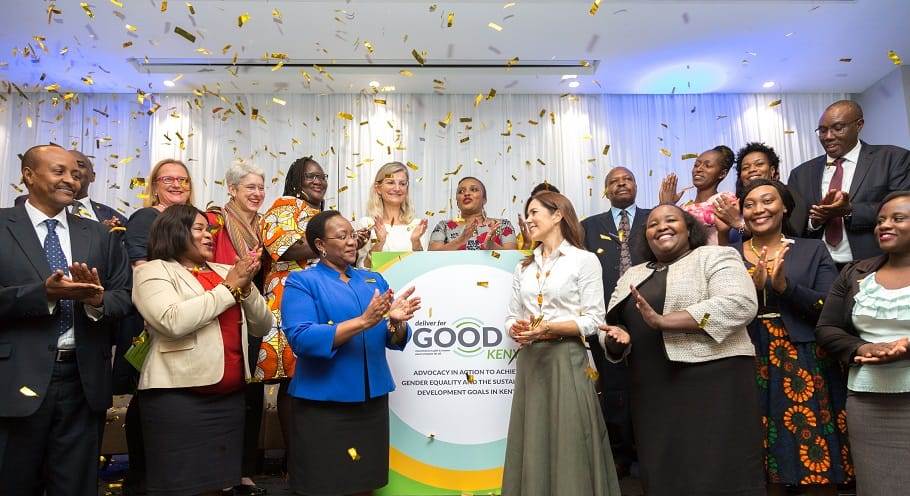Today 28th September we invite you to #StepIntoOurShoes and let's #BreakTheStereotype – #LetsTalkAbortion and end #AbortionStigma
The Young Women’s Leadership Institute (YWLI) a member of FEMNET from Kenya is a feminist center of excellence for young women’s leadership that was founded in 1999 as a platform to facilitate young women’s engagement and integration into the women’s movement in Kenya and in national governance and development processes. As a young women led organization, YWLI main area of focus is delivering young women’s leadership programs with a feminist lens. The programs focus on advancing women’s agenda on reproductive health, girls’ education and economic empowerment among adolescent girls and young women from diverse backgrounds.
FEMNET spoke to YWLI’s Programme Officer, Felister Gitonga on YWLI’s advocacy around safe abortion in Kenya. Below is an excerpt of the conversation:-
- Why is it critical to commemorate September 28th
It is critical because we need an honest conversation about safe and legal abortion. A lot of women and girls experience stigma and are shamed for having an abortion. September 28th is critical for us to open the conversation to communities and build a culture of tolerance, empathy, and support for access to basic health care in our society and create an enabling cultural environment for the policy and legal work of the abortion rights movement.
- How has YWLI engaged in safe abortion advocacy and what has been the progress from that?
The Young Women’s Leadership Institute has worked with other like-minded organizations to advance abortion rights in Kenya and beyond. We are part of networks such as WAK (Women’s Global Network for Reproductive Rights Alliance Kenya) where we have partnered with other grassroots organizations to take the conversation of safe and legal abortion to the community by training and educating community members. We have also joined other organizations in the call for the release of standards and guidelines to reduce maternal mortality and morbidity which is an advocacy process that is still ongoing.
- In your opinion and informed by the Kenyan context what is the most urgent call for action
We urgently need the government to release the standards and guidelines to reduce maternal mortality and morbidity. Kenyan Government has the opportunity to save the lives women and girls by reinstating this framework that guides service providers on measures that address all causes of maternal mortality including unsafe abortion.
- How has YWLI shown solidarity to women & girls across the world and what support do you call upon from partners in ensuring that safe abortion advocacy centrally focuses on women’s rights?
As a feminist organization that works with adolescent girls and young women from diverse backgrounds, YWLI empowers young women through leadership trainings to equip them with an understanding of their rights and ability to assertively negotiate for them. My key asks to partners is to remain firm and steadfast in the fight for safe and legal abortion even as that space threatens to shrink.
The African Commission on Human and People’s Rights (ACHPR) set the pace in January this year by launching the Decriminalization of Abortion in Africa campaign. This continental campaign seeks to bring attention to unsafe abortion which poses a serious threat to women’s and girl’s rights to sexual and reproductive health.
During the launch, the Special Rapporteur on the Rights of Women in Africa, Commissioner Lucy Asuagbor reiterated,
“Laws that criminalize abortion presume that the threat of arrest or imprisonment will prevent women and girls from having abortions. This means the state has punitive power over women’s reproductive autonomy. When these laws are enforced, women’s rights are denied. As a consequence, women and girls are punished for making reproductive decisions in the interest of their own health and wellbeing. However the evidence that exists shows that restrictive laws do not prevent women from seeking abortions: they only make them unsafe.”
Globally, a group of United Nations human rights experts have recently called on UN Member States across the world to repeal restrictive abortion laws and policies, and all punitive measures and discriminatory barriers to access safe reproductive health services.
“We urge States to repeal restrictive laws and policies in relation to abortion, which do not meet the international human rights law requirements and that have discriminatory and public health impacts, and to eliminate all punitive measures and discriminatory barriers to access safe reproductive health services. These laws and policies violate women’s human right to health and negate their autonomy in decision-making about their own bodies.”
#StepIntoOurShoes #BreakTheStereotype #LetsTalkAbortion #AbortionStigma
Related Tags
Related Posts
#COVID-19: Of Leadership vs ‘Leadertupidity’
The COVID-19 pandemic is a menace posing a threat to everyone, in every society. As of 2nd April
Learn MoreFEMNET 2018 Highlights
Dear Members, Partners & Friends, Happy & Spectacular 2019! I’m excited and truly grateful for your unwavering support
Learn More







